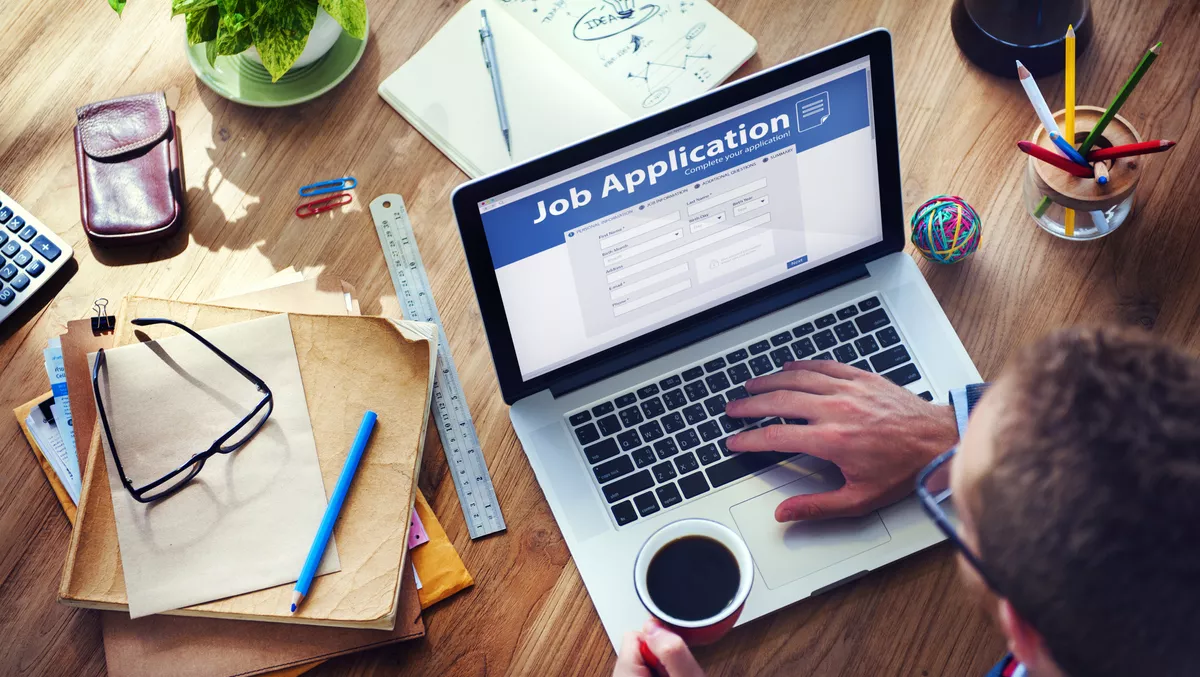
Why todays employees feel more pressure and are more likely to switch jobs
New research reveals Australian employees are working longer hours, feeling more pressure to be always on, and are more likely to switch jobs than most global regions.
The report, The Future of Time, was conducted by Adobe and surveyed 5,500 enterprise workers and small-to-medium business (SMB) owners across seven global regions, asking respondents where they feel the most time pressure and how it has impacted their work and personal lives.
Over half (56%) of Australian enterprise workers and 62% of SMB leaders say they're working longer hours than they would like. The majority (68%) of enterprise workers blame their company, its culture and administrative tasks for the long hours, 6% higher than the global average (62%).
Adobe says workers and SMB leaders want digital tools and technology that make processes more efficient and give them more control over their time.
The research found businesses need to urgently respond to employee desire for a better work-life balance, with three quarters (74%) of enterprise workers citing poor work-life balance as a key reason to switch jobs, followed by more control over work schedule (69%) and the need for better tools to be more effective (62%).
The option to work remotely is also a significant pull for enterprise workers, with more than half (59%) reporting they would switch jobs for this perk, compared to a global average of 54%.
"It's very interesting to see that when compared globally, Australians feel like they're working longer hours and are more likely to switch jobs next year than most other regions," says Adobe Australia and New Zealand, VP and managing director, Suzanne Steele.
"We know the pandemic has had a huge impact on work behaviour, but it's becoming clear this is putting a strain on both enterprise workers and small-to-medium business owners. With employee dissatisfaction and resignation posing a very real risk to business outputs, employers should evaluate the resources, benefits, tools and technology on offer to better engage employees and allow them to thrive."
Adobe says the nine to five work week is officially outdated. For Australian SMB leaders, the average work week is 45.1 hours, while enterprise employees will work an average of 44.3 hours per week.
The longer hours are not going unnoticed, with workers feeling the pressure and considering themselves as time-poor. According to the report, over half (52%) of enterprise workers and 65% of SMB leaders feel the pressure to be always on. At the same time, 61% of enterprise workers and 63% of SMB leaders feel constantly stretched for time. This struggle for time is most evident in Australia, with only 53% of enterprise workers and 57% of SMB leaders feeling stretched for time globally.
More than any other generation, over half of Gen Z workers plan to pursue a new job next year. Gen Z is also the least satisfied generation at work, with only 56% satisfied with the work-life balance and 59% with their job overall.
This generational group is also feeling the pressure to be more connected. Gen Z (57%) and Millennials (54%) feel most pressured to be available at all times, and are also most likely to describe their job as repetitive and tiring. Today, 62% of Gen Z feels more pressured than their older colleagues to be working during office hours, even if they know they won't be productive.


